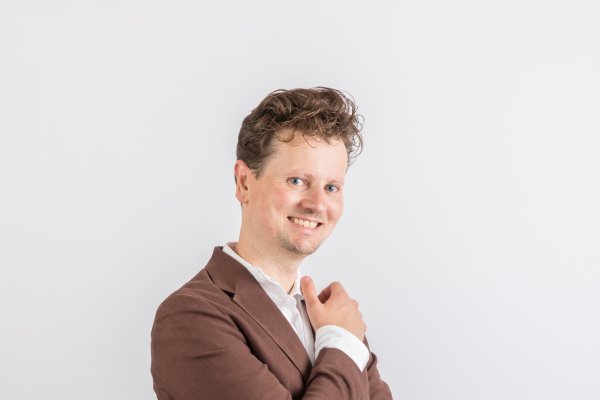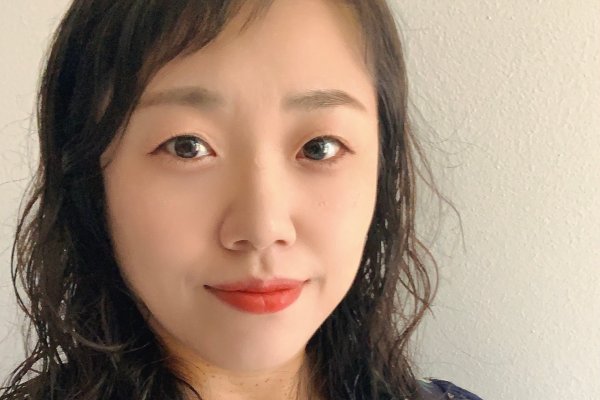-
23 juni
-
Inclusive
Selection of international minors at Fontys now conducted without (unconscious) biases

"We assess students without bias," says Nick Adriaans, Erasmus+ and Scholarships Coordinator, and active member of the Fontys Inclusion Expert group. "I truly believe it's better. You focus solely on a student's motivation and nothing else." Elly, International Mobility Coordinator, adds, "It's more objective. The procedures remain exactly the same."

First, let's take a look at what the selection process was like a few months ago. A student would submit a request for an international minor, including their motivation for the minor, preferred country, and university. The Study Abroad team and Fontys Internationalization coordinators would evaluate the applications and select students for their partner university of choice.
This selection is necessary because there is a limited number of spots available at Fontys' partner institutions. Whilst there are ample opportunities, students often choose the same partners, making a selection procedure necessary. For most positions in Europe, Fontys students receive scholarships through the Erasmus+ program for education, training, youth, and sport in Europe. This provides them with a budget during their stay at a European partner institution.
Weighted selection
To make a weighted selection, the selection committee used scoring criteria. If two students scored equally high for the same minor, they had to make a choice. It was known to them who these students were, including their gender, date of birth, and nationality.
For a few months now, this is no longer the case for Fontys-wide partner universities. Thanks to a technical solution, Team Study Abroad only sees the student's institute and student number when assessing applications. As a result, the team can now assess applications only on the basis of motivation and the scoring criteria. Unconscious biases no longer play a role.
Unconscious bias
The impetus for the anonymous assessment of international minor applications came about indirectly thanks to the lecture speech of Linda van den Bergh, lecturer on Valuing Diversity at Fontys. Nick was present during her speech as a member of the Fontys Inclusion Expert Group, which is working to make the university more inclusive.
'She argued that everyone is unconsciously biased. That you can't really control those biases. Her speech triggered me to make the selection more inclusive. For a student, a study abroad minor and placement at a particular partner university is very important. That is why it is so good that we can eliminate unconscious biases in this way.'
Student motivation
Without those biases, the student's motivation is even more important than it already was. Elly: 'Did the student give specific reasons why they want to go to a specific partner? Why in that country? And what would the student gain from this specific partner?'

'Universities in Spain are popular among our students, but places are limited.' Nick: 'That's why we try to encourage students to choose a partner to which fewer students apply. Like the Baltics, or the Czech Republic.'
In March, the selection committee received 600 applications for one of two types of partner universities abroad: Fontys-wide partners and Fontys Cluster Partners. Fontys-wide partners offer minors that are not necessarily programme-related. Minors from Cluster Partners are.
Without problems
Nick, Elly, and their colleagues decided to run the pilot among the 140 Fontys-wide Partner applications. Nick: 'We wanted to see how it would go. We did not encounter any problems, so no we can extend it to the Cluster Partner selection procedure.'
While the selection procedure has become fairer, there is something else that is perhaps even more important. Elly: 'We are becoming more aware of what we can do in terms of inclusiveness and diversity. There are probably many more things we can improve. Step by step, things are getting better.'
